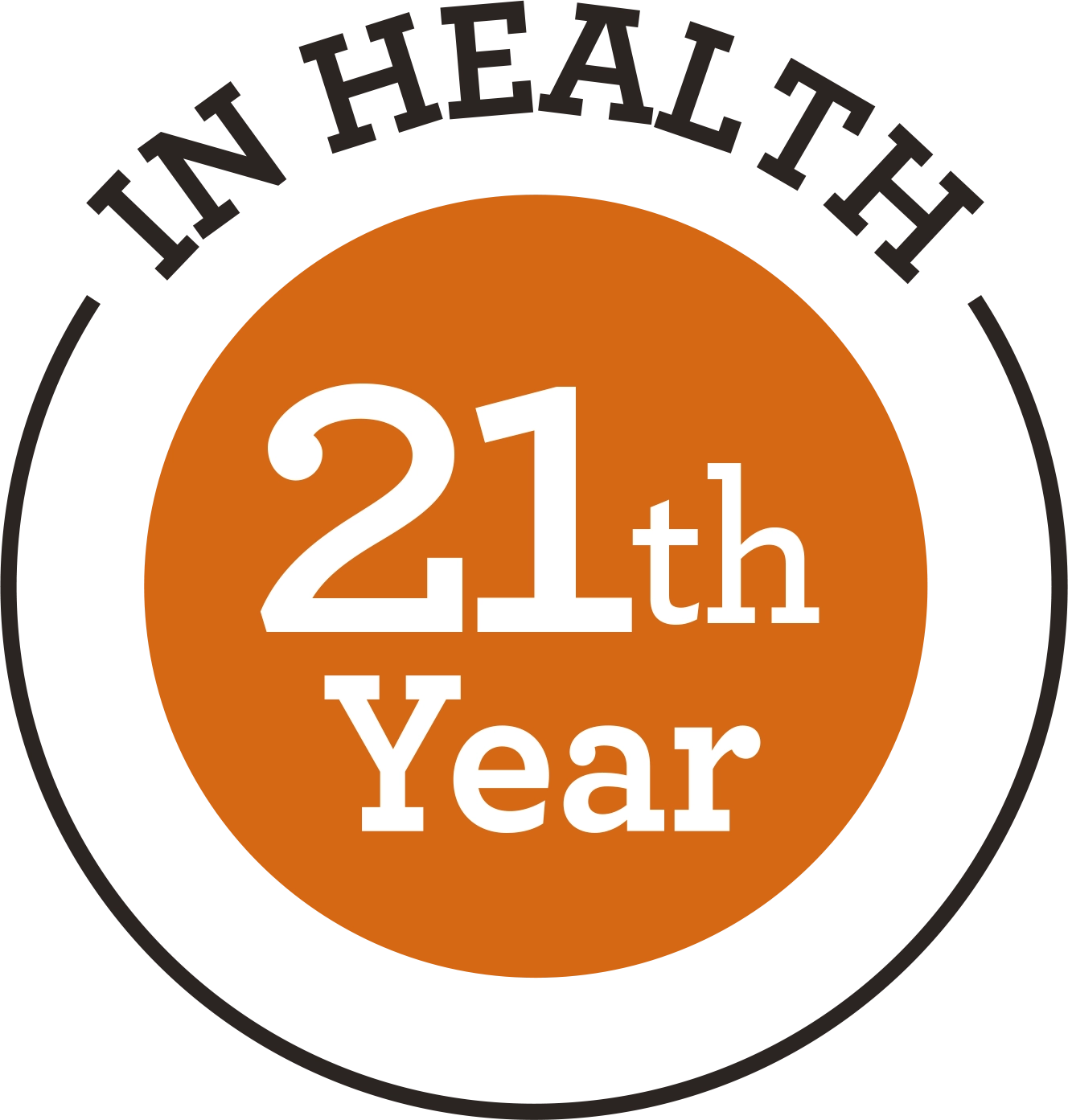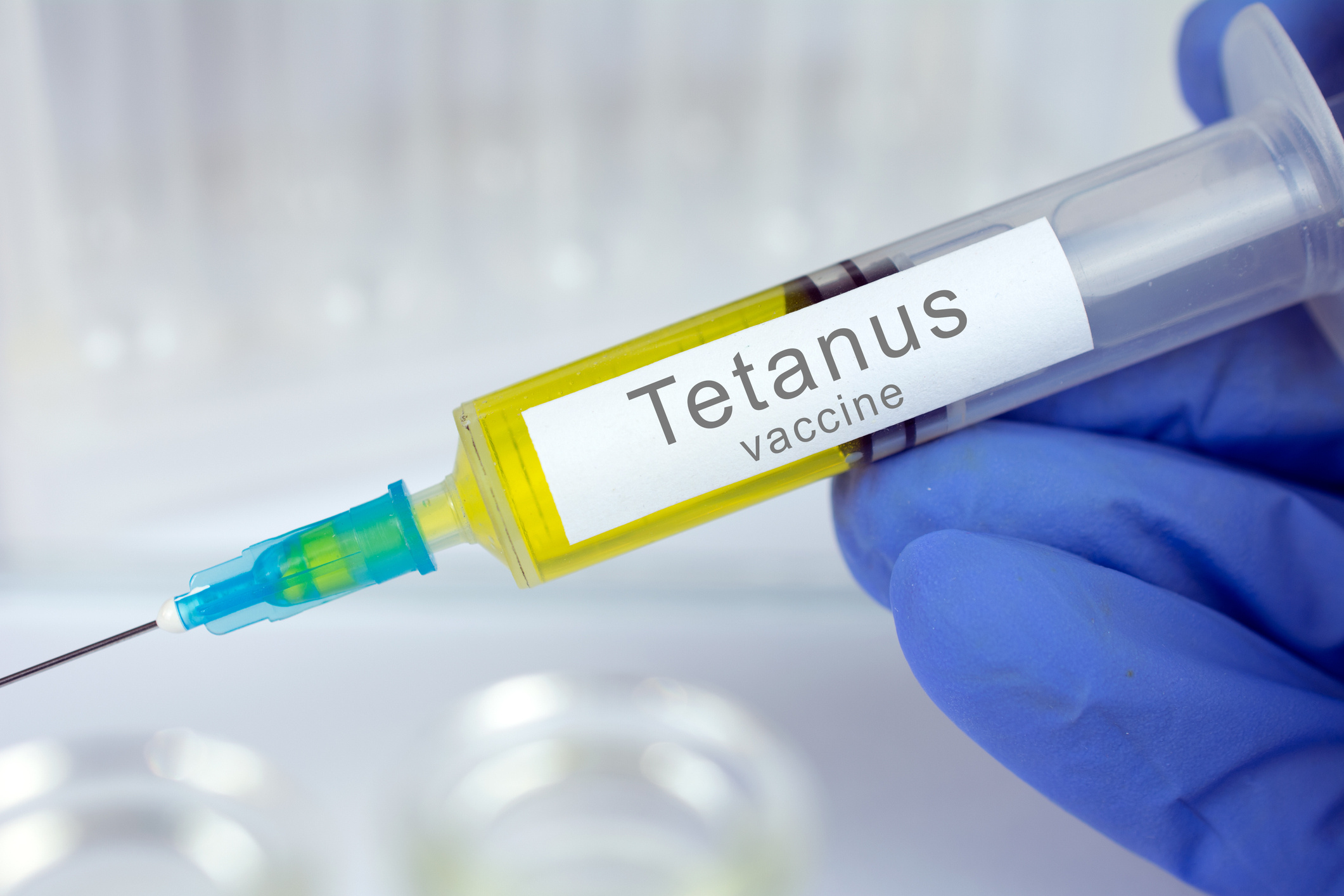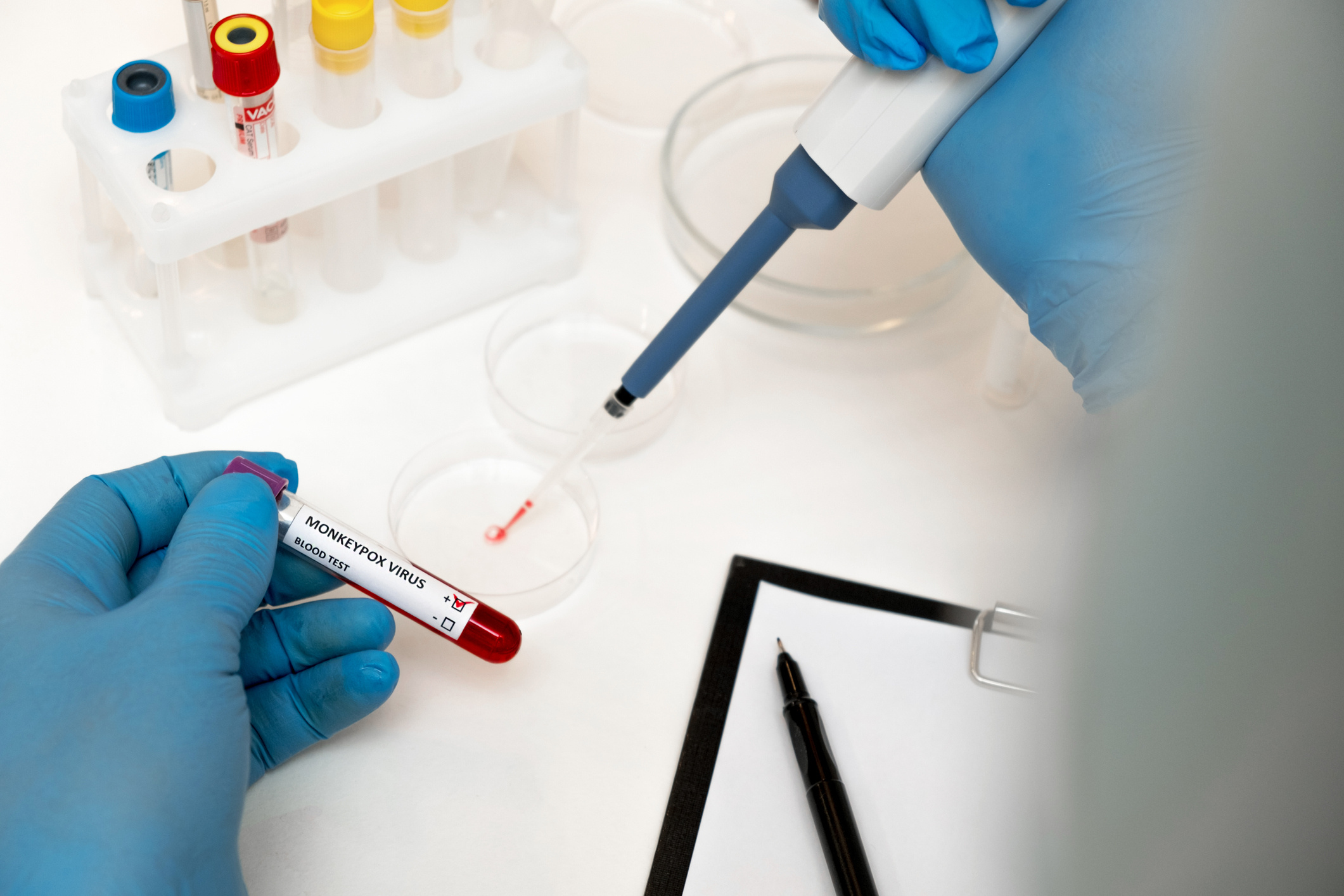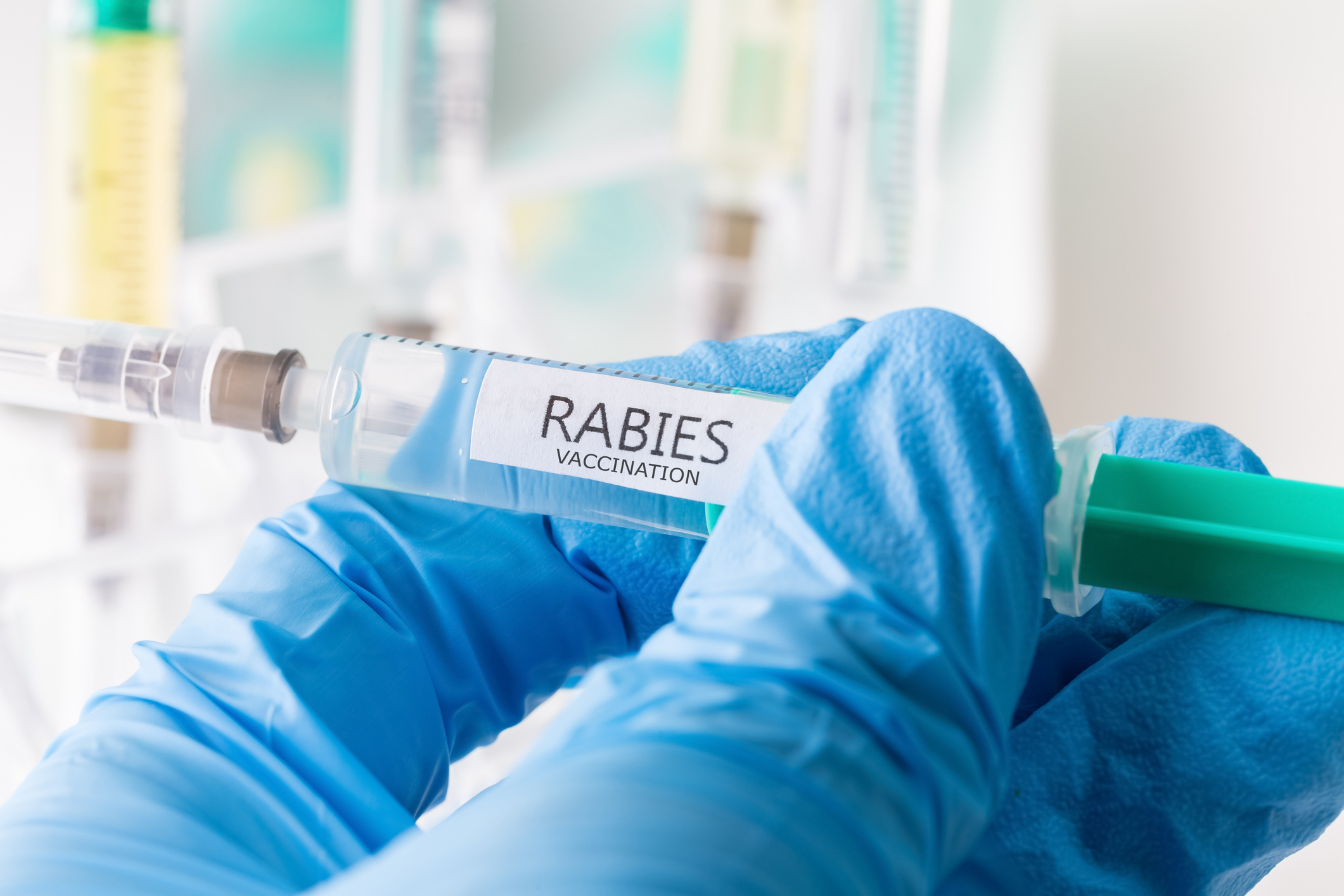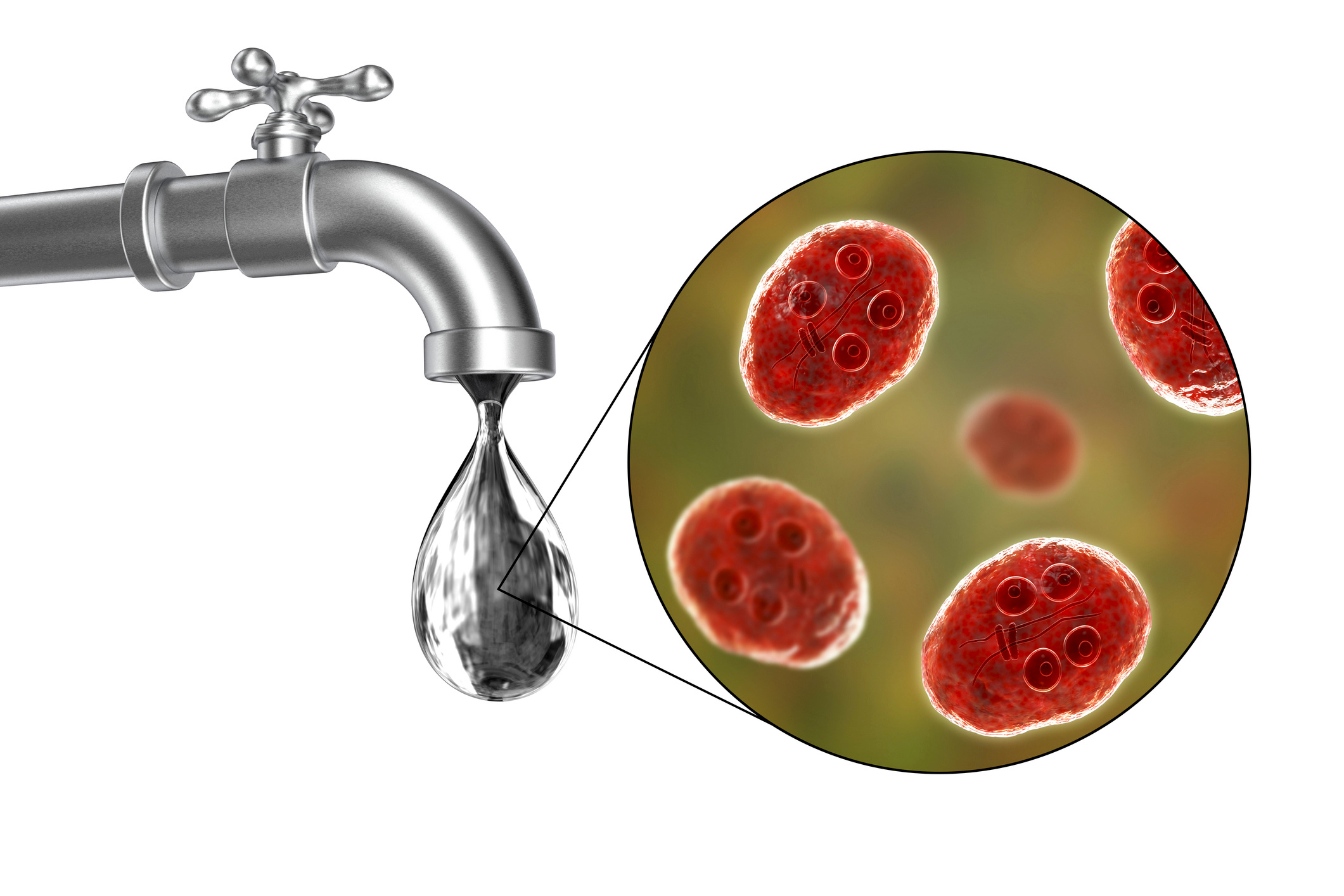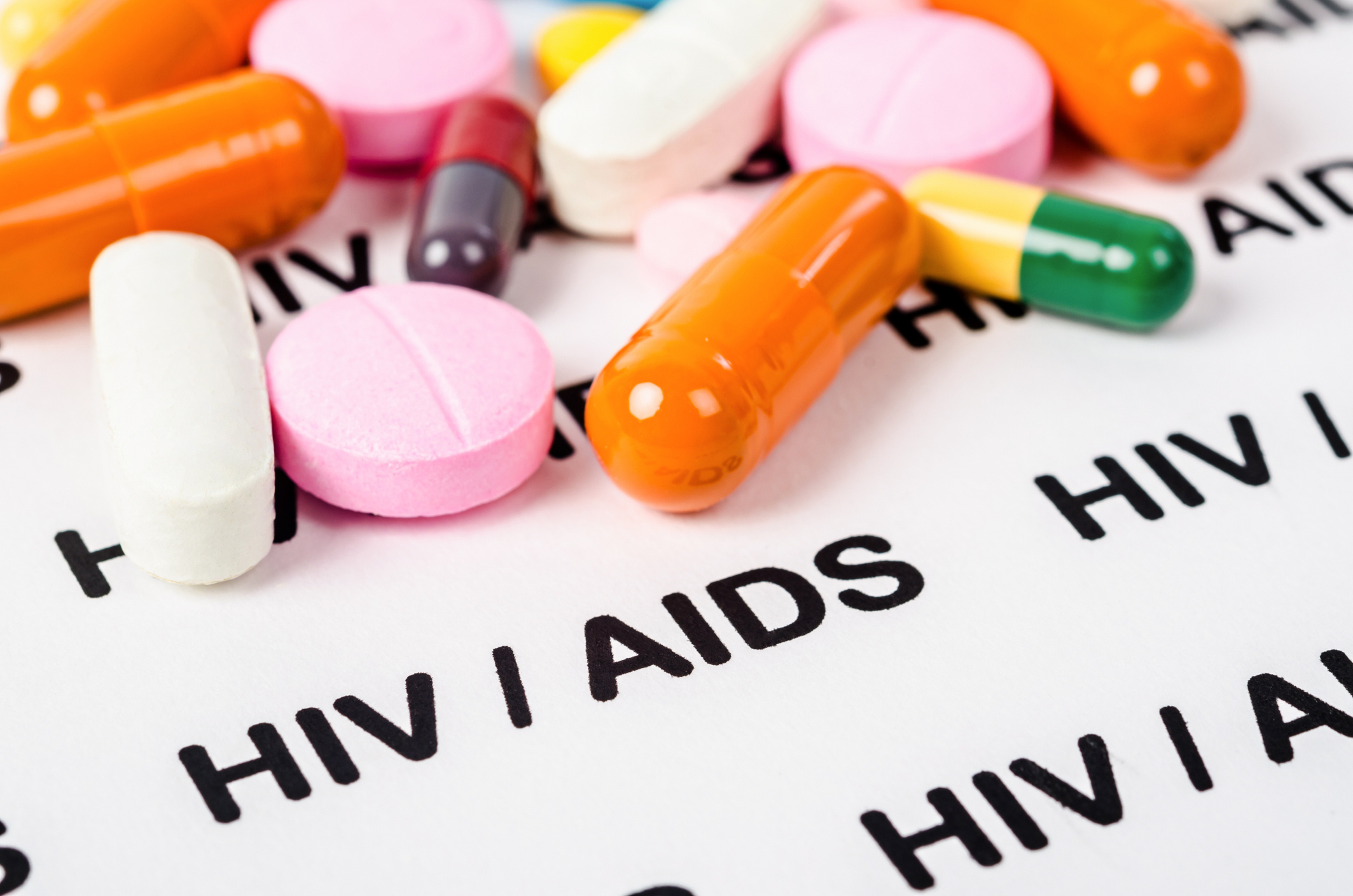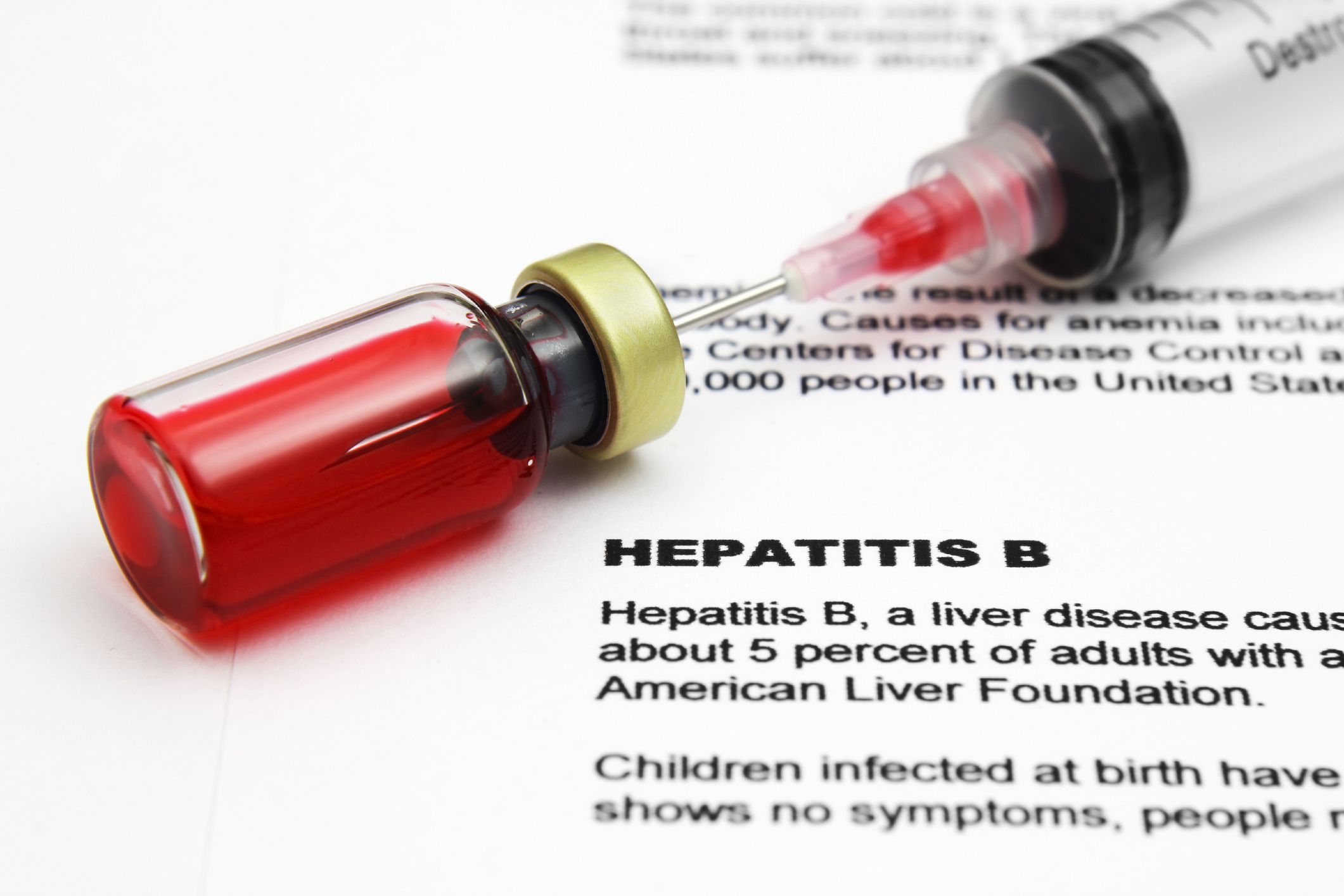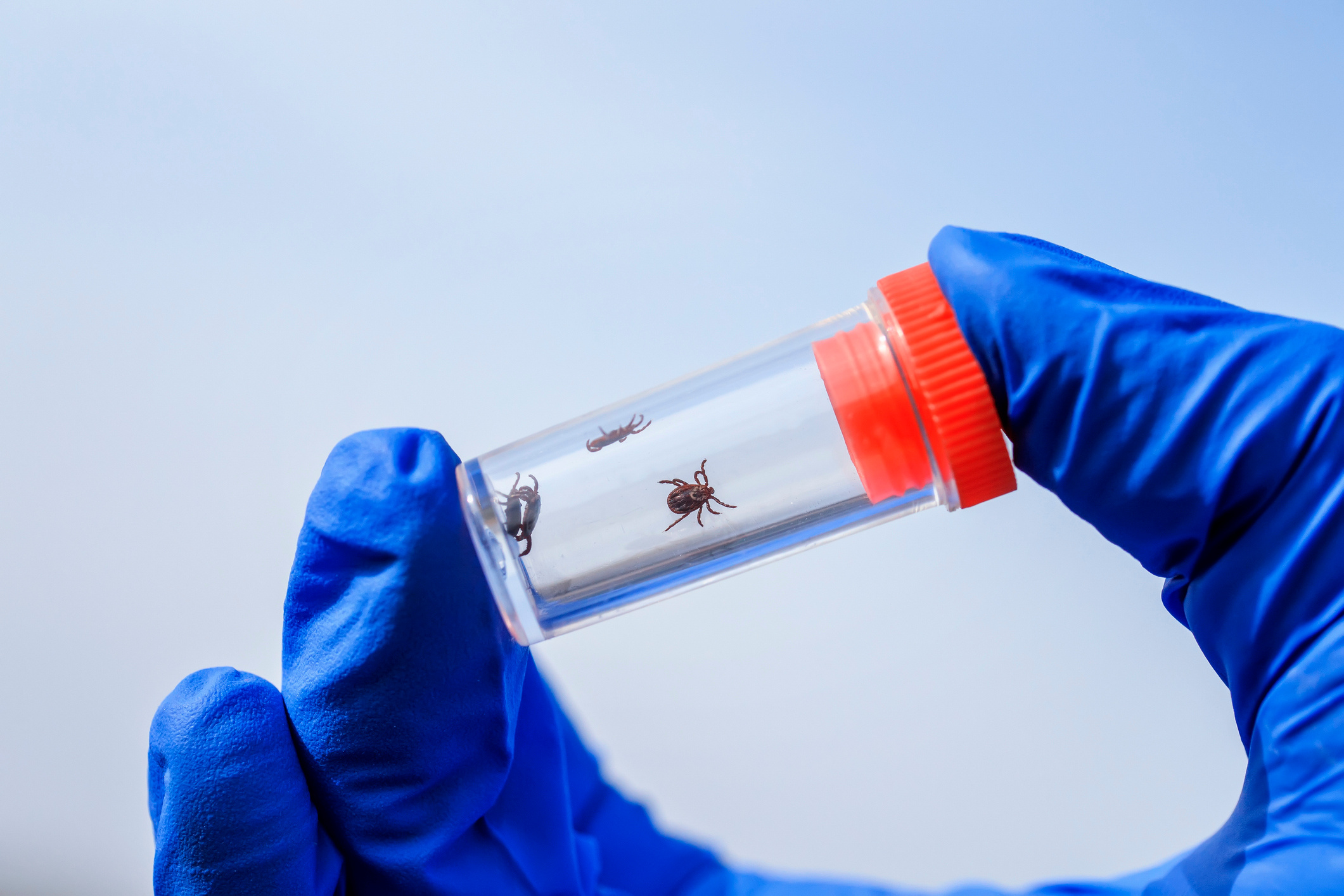
Aytaç Çetinkaya
He has been working as an Infectious Diseases Specialist at Anadolu Medical Center Hospital since 2025.
Speciality
- Diabetic Foot Infections – Chronic Infected Wounds
- Intensive Care Infections
- Hepatitis B and Hepatitis C Infections
- HIV/AIDS
- Meningitis
Education
University:
Gülhane Military Medical Academy, Faculty of Military Medicine
Specialization:
Gülhane Military Medical Academy, Infectious Diseases and Clinical Microbiology
Associate Professorship:
Health Sciences University Hamidiye Faculty of Medicine, Department of Infectious Diseases
Master’s Degree:
Health Sciences University, Gülhane Institute of Health Sciences, Blood Banking and Transfusion Medicine
Institutions Worked At
- Gülhane Military Medical Academy Faculty of Medicine, 1993-1999
- Gülhane Military Medical Academy, Department of Infectious Diseases and Clinical Microbiology, Internal Medicine Department, 2002-2006 (Residency)
- Başkent University Ankara Infectious Diseases Clinic, Observation of Transplant Infections, 2004
- Derince Military Hospital, Department of Infectious Diseases and Clinical Microbiology, 2006-2012 (Specialist Doctor)
- Acıbadem Kocaeli Hospital, Infectious Diseases, 2006-2012 (Specialist Doctor)
- Gülhane Military Medical Academy, Blood Bank Department, Immunohematology and Blood Components Laboratory, 2012-2014 (Specialist Doctor)
- Isparta Military Hospital, Department of Infectious Diseases and Clinical Microbiology, 2014-2015 (Specialist Doctor)
- GATA Haydarpaşa Training Hospital, Infectious Diseases Service, (Assistant Professor)
- Health Sciences University, Department of Infectious Diseases (Associate Professor)
- Turkish Clinical Microbiology and Infectious Diseases Society (KLİMİK)
- Turkish Society of Infectious Diseases and Clinical Microbiology Specialists (EKMUD)
- Association for the Prevention of Infectious Diseases (BUHASDER)
- Good Medical Researcher Certificate, Good Biostatistical Practice - Planning, Analyzing, Reporting Certificate
Private lessons on meta-analysis were taken from Prof. Dr. Arzu Kanık. Several studies were conducted on the current situation in Turkey. Health Sciences University, Certificate, 15/11/2016-15/04/2017 (International) - EuBIS European Inspection System "Competent Authority Training Programme for Inspectors of Blood Establishments", “This project is co-financed by the European Union and the Republic of Turkey.” Participated in the project "Technical Assistance for Strengthening the Blood Supply System in Turkey", Ankara, Certificate, 14/01/2014-17/01/2014 (International)
- Conduction of Appropriate Clinical Use of Blood Trainings, “This project is co-financed by the European Union and the Republic of Turkey.” Participated in the project "Technical Assistance for Strengthening the Blood Supply System in Turkey", Ankara, Certificate, 01/01/2013-30/06/2013 (International)
- Preparation of Inspection Training Materials, “This project is co-financed by the European Union and the Republic of Turkey.” Participated in the project "Technical Assistance for Strengthening the Blood Supply System in Turkey", Ankara, Certificate, 01/01/2013-30/06/2013 (International)
- Preparation of Guide on Appropriate Clinical Use of Blood, “This project is co-financed by the European Union and the Republic of Turkey.” Participated in the project "Technical Assistance for Strengthening the Blood Supply System in Turkey", Ankara, Certificate, 01/01/2013-30/06/2013 (International)
- Revision of Inspection Guide, “This project is co-financed by the European Union and the Republic of Turkey.” Participated in the project "Technical Assistance for Strengthening the Blood Supply System in Turkey", Ankara, Certificate, 01/01/2013-01/06/2013 (International)
- European Union Technical Support Project for Strengthening the Blood Supply System in Turkey, Trainer Training Program, Ankara, Certificate, 14/01/2013-18/01/2013 (International)
- Blood Banking and Transfusion Medicine Certificate, obtained in accordance with the Regulation on Training and Certification of Health Personnel Working in Blood Services Units published in the Official Gazette dated 31 December 2009 and numbered 27449. Certificate Issue Date: 14/01/2014, Certificate No: 243, Ankara, Certificate, 01/10/2012-02/11/2012 (National)
- Hospital Infections – Infection Control Physician Certification Program, Certification for National Studies on the Control and Prevention of Hospital Infections. Certificate No: 2012/77, Refik Saydam Hıfzıssıhha Center, Ankara, Certificate, 27/02/2012-02/03/2012 (National)
Featured Cancer Articles
- 6 Nutrition Tips for Those Who Fast
- What is Disease X (Virus X)?
- How Does Cancer Form?
- What is an Ovarian Cyst?
- What is Cervical Cancer?
- What Are the Symptoms and Treatment Methods of Testicular Cancer?
- Symptoms, Diagnosis, and Treatment Process of Bladder Cancer
- Liver Cancer
- What is Stomach Cancer? What are Its Symptoms and Treatment?
- Thyroid: What is it, Symptoms, Diagnosis, and Treatment

